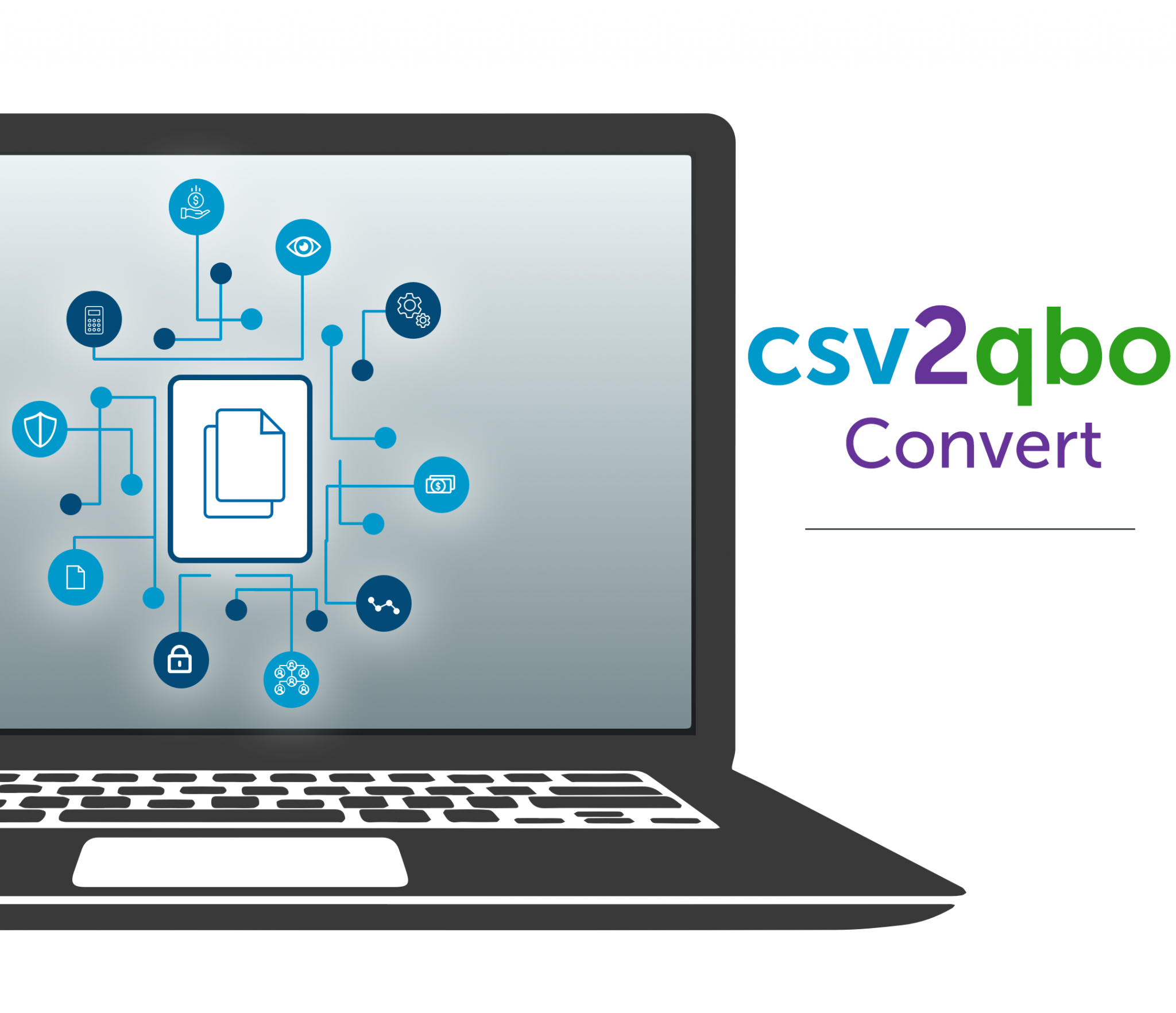

You can also import contact persons in the same way. Next, follow the same steps as importing the file for customers.
#Gnucash import csv file format download
It is recommended that you download the sample file to check the format required for the import file. Click Choose File to select the file to be imported.Choose Customers in the pop-up and click Continue.Click the Hamburger icon in the top-right corner.Click the Sales module from the left sidebar.This way, you don’t have to prepare a separate file to import the Accounts Receivable and Accounts Payable when entering opening balances under Settings.
#Gnucash import csv file format pro
Pro Tip: When importing customers or vendors, you can include their opening balances as well in the import file and map it with the corresponding field in Zoho Books. You can read about customizing modules from the help document for preferences. Select the module that you want to customize from the sidebar.įor each module, there will be many options available that you can customize.

You can customize each module to suit your business needs. Now that you have enabled the modules needed for your business, you can proceed to configure their preferences. Once you’ve configured all the details, click Save. In this same page, you can also choose how you want to provide discounts (if any) or apply taxes to your transactions. Read more about how you can benefit from this add-on. But if you want an advanced inventory management option that lets you create shipments and manage warehouses, you can enable the Zoho Inventory add-on. Zoho Books already has features like Stock Adjustments and Inventory Tracking to manage your stock.


You can enable the ones that are needed for your business. Zoho Books has various modules such as Estimates, Timesheet, Recurring Bills, and Debit Note to manage transactions easily. Here, ensure that you configure the following: To access Settings, click the Gear icon in the top-right corner of the page. You can use the Settings section in Zoho Books to customize your organization to suit your business requirements. You can also add your bank or credit card accounts manually if needed. This is important because you won’t be able to enter the opening balances unless you do so. Pro Tip: Once you’ve imported the Chart of Accounts, ensure that your bank accounts have been imported properly. Record Transactions For Customers/Vendors.I was working with an OFX converter, but I'm not clear that OFX can combine data from multiple accounts into a single file due to the requirement to have a ledger balance line. It would be nice if I could take this file and process it once and output a file that GnuCash could then import into the correct accounts. ,Paycheck,MY EMPLOYER,1,000,000.00,credit,Paycheck,Checking, ,Mortgage,MY MORTGAGE COMPANY,1.95,debit,Credit Card Payment,OtherChecking, ,Student Loan Payment,MY STUDENT LOAN LENDER,40,debit,Student Loan,Checking, ,BART,BART-POWELL QPS 5104646979 CA 94102 US C_OTHERTRAVEL,20,debit,Public Transportation,CapitolOne Visa, Here's a sample of Mint data with a few accounts in it: Date,Description,Original Description,Amount,Transaction Type,Category,Account Name,Labels,Notes Ideally I would like to be able to download transactions from all of my accounts at once. However, with QIF I can only import data from one account at a time. The file format for QIF was simple enough that I was able to write my own conversion tool. So far I have been able to convert that data into QIF. I'm a Mint user, and I like the idea of letting Mint manage the connection to my bank, but I need to get the data into a real accounting package: GnuCash. Online financial aggregators are great for getting transactions from all of your accounts into one place, but the accounting tools they provide are pretty minimal.


 0 kommentar(er)
0 kommentar(er)
